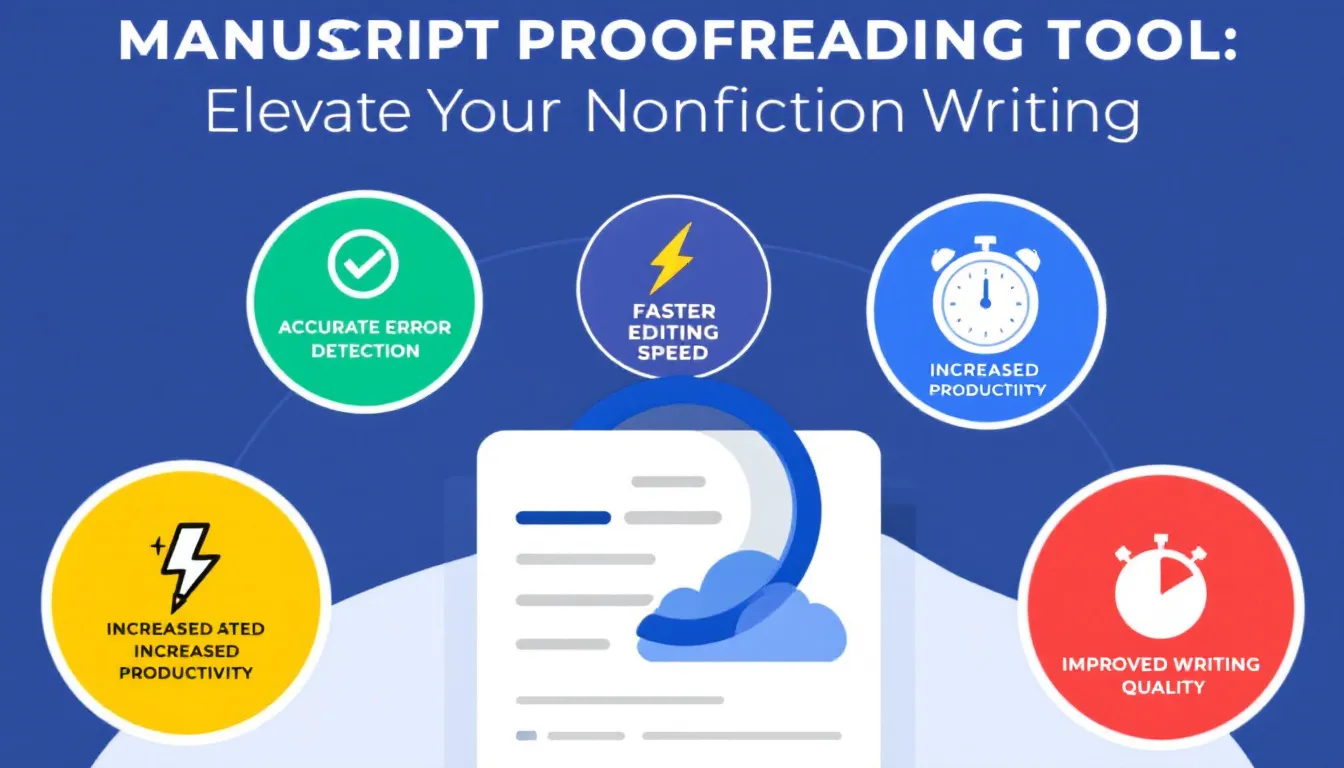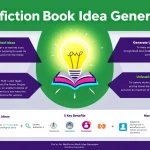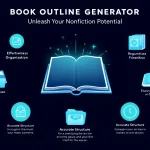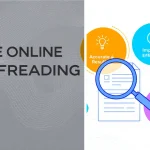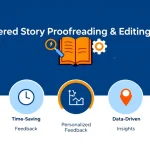Manuscript Proofreading Tool
Is this tool helpful?
How to Use the Manuscript Proofreading Tool Effectively
You can improve the quality of your nonfiction manuscript by following these steps when using the Manuscript Proofreading Tool:
-
Paste Your Manuscript Content: Copy and paste the section of your manuscript you want proofread into the main text box. Here are two examples of content you might input:
“Climate change impacts biodiversity worldwide, altering ecosystems in complex, interconnected ways.”
“Effective communication skills are essential for leadership roles in business and education.”
-
Specify Your Target Audience (Optional): Enter who your readers are to help the tool adjust its suggestions. Sample inputs include:
“Healthcare professionals and policy makers”
“High school students interested in environmental science”
-
Define the Genre or Subject Matter (Optional): Type the topic or category of your manuscript to ensure the style fits. Examples might be:
“Business Strategy and Management”
“Educational Theory and Practice”
-
Describe Your Preferred Writing Style (Optional): Indicate the tone or voice you want to maintain throughout your manuscript. Here are example styles:
“Clear and authoritative with a professional tone”
“Friendly and motivational with simple explanations”
- Submit for Proofreading: Click the “Proofread Manuscript” button to start. The tool processes your input and returns suggestions that improve grammar, consistency, tone, and readability.
- Review the Proofreading Results: The tool will show you corrections, feedback, and style suggestions. Use these insights to refine your manuscript.
- Copy and Apply the Edits: Use the provided option to copy the enhanced content and paste it back into your original document or editor.
Following these steps ensures you get tailored, precise proofreading that boosts your nonfiction manuscript’s quality.
Introduction to the Manuscript Proofreading Tool: Definition, Purpose, and Benefits
The Manuscript Proofreading Tool is an online proofreading assistant designed specifically for nonfiction writers. It reviews your manuscript to catch grammar, punctuation, and spelling errors while improving readability, consistency, and tone. This tool goes beyond basic spell checking by adapting suggestions based on your target audience, subject matter, and preferred writing style.
Purpose of the Manuscript Proofreading Tool
The tool’s main purpose is to help nonfiction authors produce clear, polished manuscripts quickly. It aims to:
- Reduce errors: Spot grammar and spelling mistakes you might miss.
- Enhance clarity: Suggest improvements that make your writing easier to understand.
- Maintain consistency: Ensure your style, tone, and terminology stay uniform throughout.
- Save time: Automate the initial proofreading step so you can focus on content creation.
- Provide customized feedback: Tailor suggestions based on your manuscript’s genre and audience.
Key Benefits of Using the Manuscript Proofreading Tool
- Comprehensive error detection covering grammar, punctuation, spelling, and formatting.
- Improved readability through sentence restructuring and flow enhancement.
- Style and tone consistency that supports a professional and polished manuscript.
- Time efficiency by automating routine proofreading tasks.
- Custom suggestions based on your nonfiction subject and writing style preferences.
- Opportunities to learn: Understand your common mistakes and improve future writing.
Practical Use of the Manuscript Proofreading Tool in Nonfiction Writing
This tool integrates smoothly into your nonfiction writing workflow, offering practical proofreading support through an easy-to-use web form that submits your manuscript content to an intelligent backend service. Here’s how you benefit from using it:
1. Catch Common and Complex Errors
You’ll find errors such as incorrect verb tenses, misplaced punctuation, and spelling slip-ups quickly identified and corrected. The tool also flags less obvious mistakes like inconsistent capitalization and formatting irregularities.
2. Improve Sentence Clarity and Flow
The tool suggests restructuring long or complex sentences to improve flow. For instance, it may recommend breaking up lengthy paragraphs or replacing redundant phrases, helping your readers stay engaged.
3. Maintain Style and Tone Across Your Manuscript
It highlights shifts in tone or terminology, ensuring your manuscript holds a consistent voice. This is especially important for nonfiction works published over long periods or by multiple contributors.
4. Tailor Content to Your Audience
By specifying your target audience, the tool adjusts its feedback to match their knowledge level. For example, it will suggest simpler language for general readers or keep technical terms for subject experts.
5. Accelerate Your Editing Process
Rather than spending hours on initial proofreading, you’ll get immediate feedback, freeing you to concentrate on refining arguments, adding content, and polishing your manuscript.
6. Strengthen Professionalism and Credibility
Clear, error-free writing improves your manuscript’s professional impression and credibility, increasing your chances of successful publication.
Incorporating the Manuscript Proofreading Tool into your editing routine will help you submit nonfiction manuscripts that engage your readers and meet publishing standards.
Important Disclaimer
The calculations, results, and content provided by our tools are not guaranteed to be accurate, complete, or reliable. Users are responsible for verifying and interpreting the results. Our content and tools may contain errors, biases, or inconsistencies. Do not enter personal data, sensitive information, or personally identifiable information in our web forms or tools. Such data entry violates our terms of service and may result in unauthorized disclosure to third parties. We reserve the right to save inputs and outputs from our tools for the purposes of error debugging, bias identification, and performance improvement. External companies providing AI models used in our tools may also save and process data in accordance with their own policies. By using our tools, you consent to this data collection and processing. We reserve the right to limit the usage of our tools based on current usability factors.
